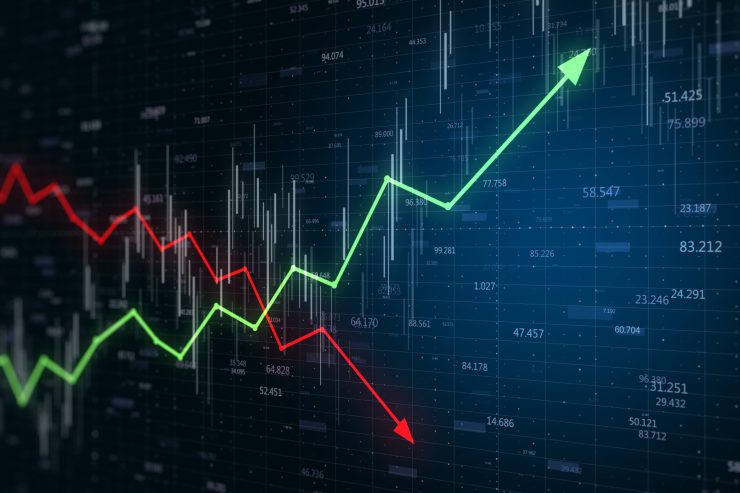7 SMEs making US cities smarter and greener
We are all working towards a shared future in which our cities are greener, smarter and more inclusive. Some are helping us move across cities; others are improving our quality of life by detecting air pollution. Others are helping protect the environment by supplying clean and renewable energy.
Every month we will share companies with inspiring missions that are making city life better.
Today’s focus is on 7 ambitious US-based companies creating urban planning, air pollution, mobility and clean energy solutions.



